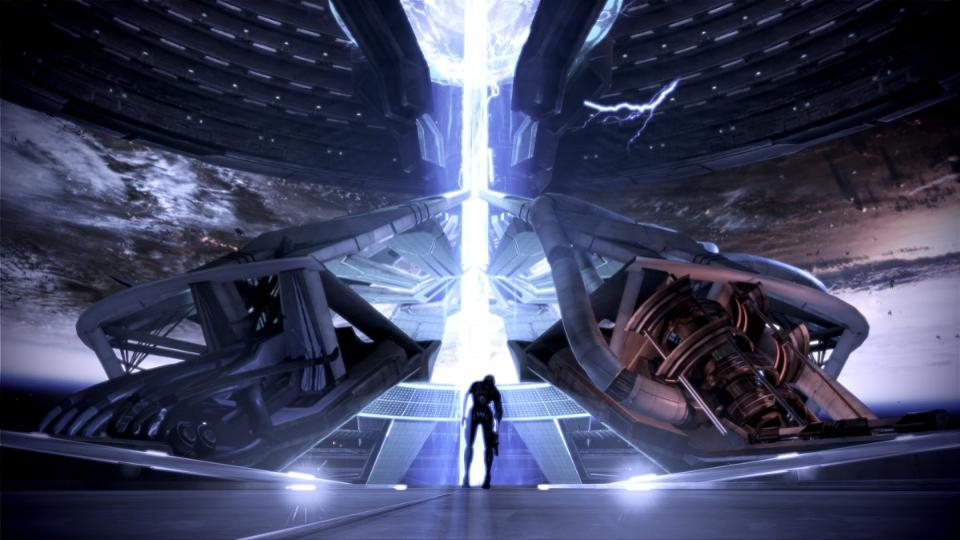
Hey, Game of Thrones ended! It was one of the most popular TV shows of all time, and inevitably, discussion is raging about its ending on both sides. That got us thinking about gaming's most divisive endings—so here, we present our 2018 feature on those endings that disappointed us, for one reason or another.
Each weekend, the PC Gamer writers are asked a question about PC gaming, and provide their answers in two or three short, sweet paragraphs (find previous editions here). We then invite you to join in, via the comments below. This week: what's the most disappointed you've ever been by a game's ending? Spoilers follow, naturally.
Jarred Walton: Shadow of the Beast
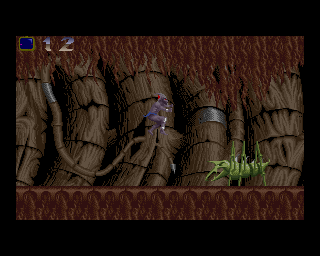
This one goes way, way back to the late '80s and early '90s on the Commodore Amiga, which probably predates most of our readers. I was in high school and Psygnosis became renowned for amazingly smooth 'parallax' scrolling graphics, with Shadow of the Beast being the prime example of the studio's work. (Yes, I'm aware there was a remake for PS4 in 2013.) For the time, the game looked beautiful, and it was punishingly difficult. My friends and I spent months learning the game and mastering the combat and movement. It was far more than just 'git gud', as the game offered no save points and a limited number of lives.
My memory is that it required about two hours of continuous play to reach the final boss (maybe a bit less), and all too frequently we would die long before reaching it. Of course, once we reached the final boss, we had to unravel how to beat it. Much weeping and wailing and gnashing of teeth ensued, but eventually my friend Dan Newman managed the Herculean feat.
First, let me clarify something: every time you failed, you would see a scene of the game with the beast's skull and ribs on the ground. It had become an all-too-familiar scene. And when we finally beat the game? It was the same image, minus the skeleton, with the short note: "Congratulations! You have freed yourself from the shadow of the beast." We were pretty sure the developers didn't expect many players to actually finish the game. We were so disappointed that we never played the game again.
Andy Kelly: LA Noire
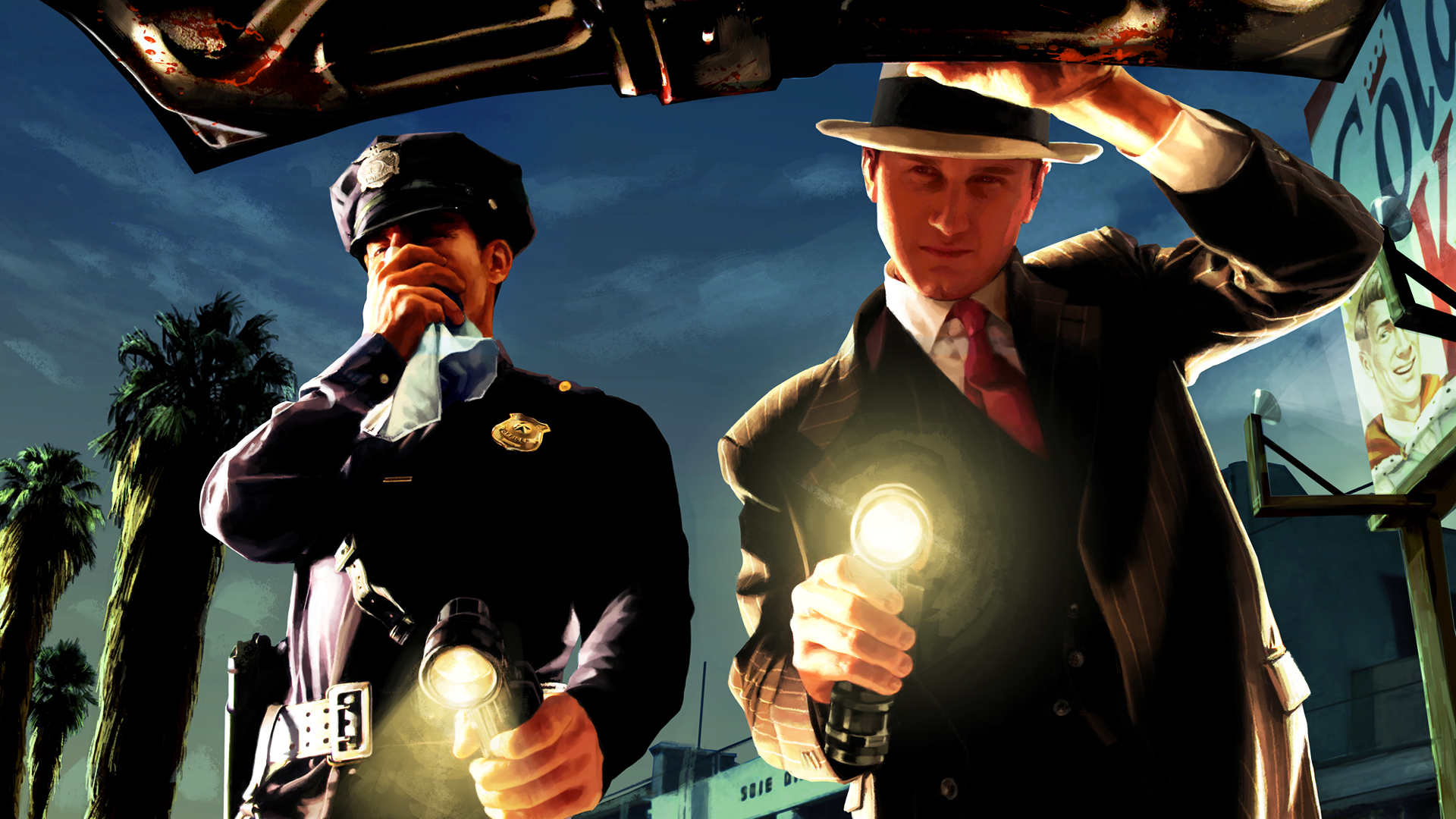
I love L.A. Noire more than most, but the ending is so frustratingly bleak that every time I finish it, I'm left with a bad taste in my mouth. Not only does Phelps die in a sewer, but most of the big hitters involved in the Suburban Redevelopment Fund scam get away with it because they agree to testify to the DA. And as if that wasn't bad enough, scumbag vice cop Roy Earle gives the eulogy at Phelps' funeral.
Okay, Phelps is a bit of an uptight jerk. But that doesn't mean I have to be happy with the guy I've just spent 30 hours dying covered in shit. But hey, you couldn't ask for a more noir ending. The movie Chinatown, a huge influence on the game, ends in similarly bleak circumstances. So in that respect I guess they're just paying homage to a genre classic. But I would've liked to see a little more justice served.
Tom Senior: Every 4X Game
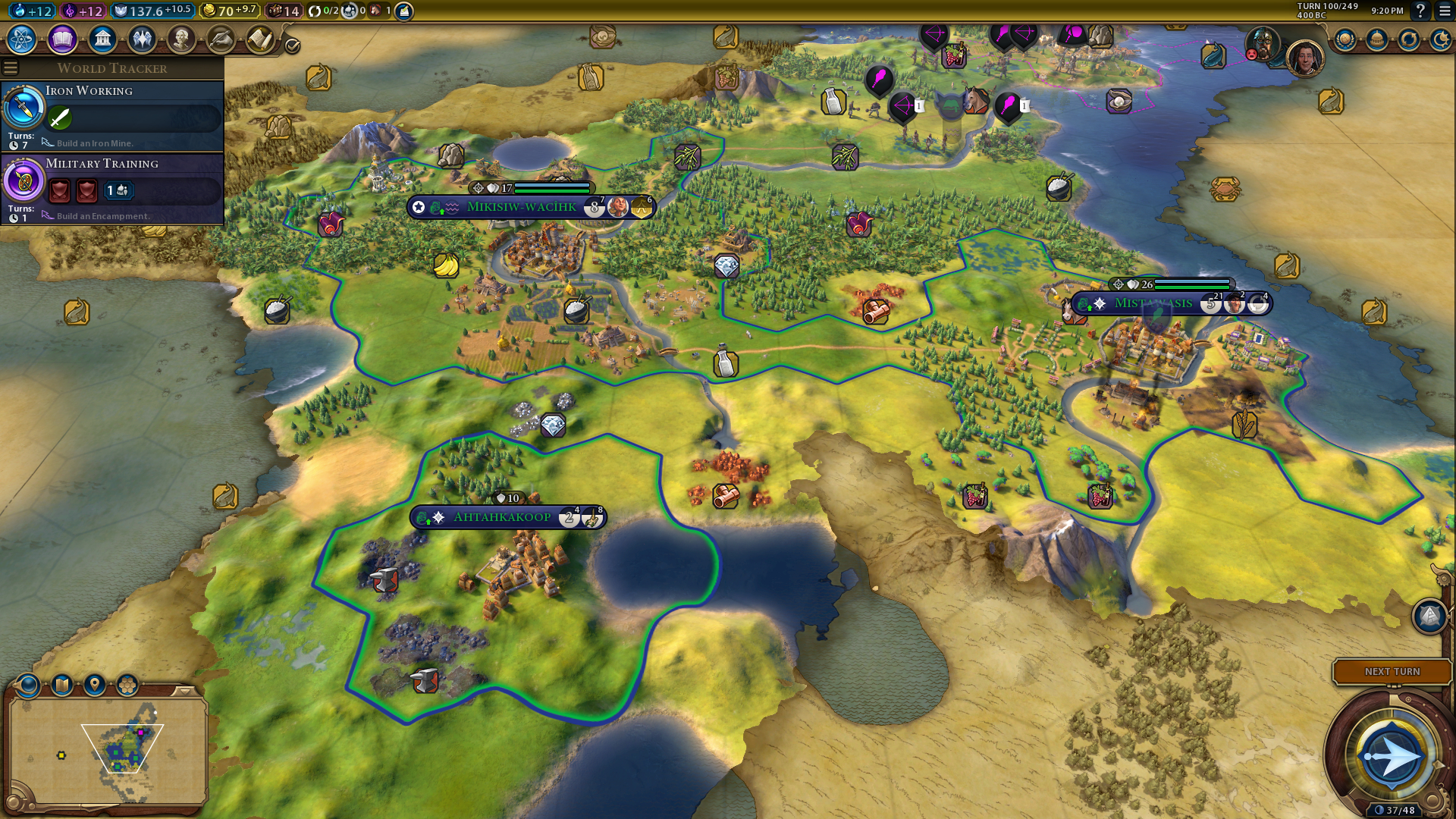
I am disappointed with the ending of every 4X game I have ever played. I labour for hours to build an empire and crush my enemies, and in the end I get a pop up that says "yup, you did it." Then I spend a minute feeling slightly empty and wondering what it was all really for.
The biggest gaming news, reviews and hardware deals
Keep up to date with the most important stories and the best deals, as picked by the PC Gamer team.
Grand strategy games seem to sputter out rather than escalate towards the end. There are exceptions: Alpha Centauri and XCOM weave a story into the strategy to give you a crescendo and a satisfying finish. Total War: Warhammer 2 uses objectives brilliantly to push the campaign's biggest armies into a final showdown. It's a problem that designers have been attacking in earnest for the last five years or so—see also Endless Legend and Endless Space—so I expect we'll see some interesting 4X endgames in the next decade. I hope so anyway. I don't want to feel sad on a victory screen again.
Andy Chalk: Myst
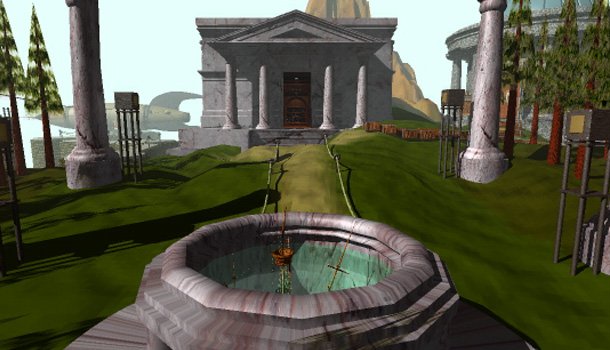
I loved, and will always love, Myst, but the ending is a tremendous anticlimax. The story is all about a couple of guys giving their dad a hard time, and the role you play in sorting it all out. At the end, you do your bit, he pops off to have a word with them, then comes back and says, basically, "That's that." And that is that: he doesn't reveal if he's killed them or given them a good whoopin' or played the "your mother would be very disappointed" card or what. It's just a vague reassurance that they won't be dicks anymore.
Then he tells you that he can't give you any kind of reward for all the work you've done, or even offer to help get you back home. All he says is that you're welcome to explore his magic library to your heart's content. Hey buddy, that's literally what I've been doing since I got here!
And then on top of that, he says, "Oh by the way, I might need you to do me a solid with this other thing I've got going on." At which point he's like, okay, I got work to do, I'm busy, piss off—and he puts you on "ignore." You can teleport back to Myst Island, you can quit the game, or... no, that's it, those are your options. It just kind of stops. And that's the good ending! In the bad ending, he yells at you and calls you a name.
Samuel Roberts: Fallout 4
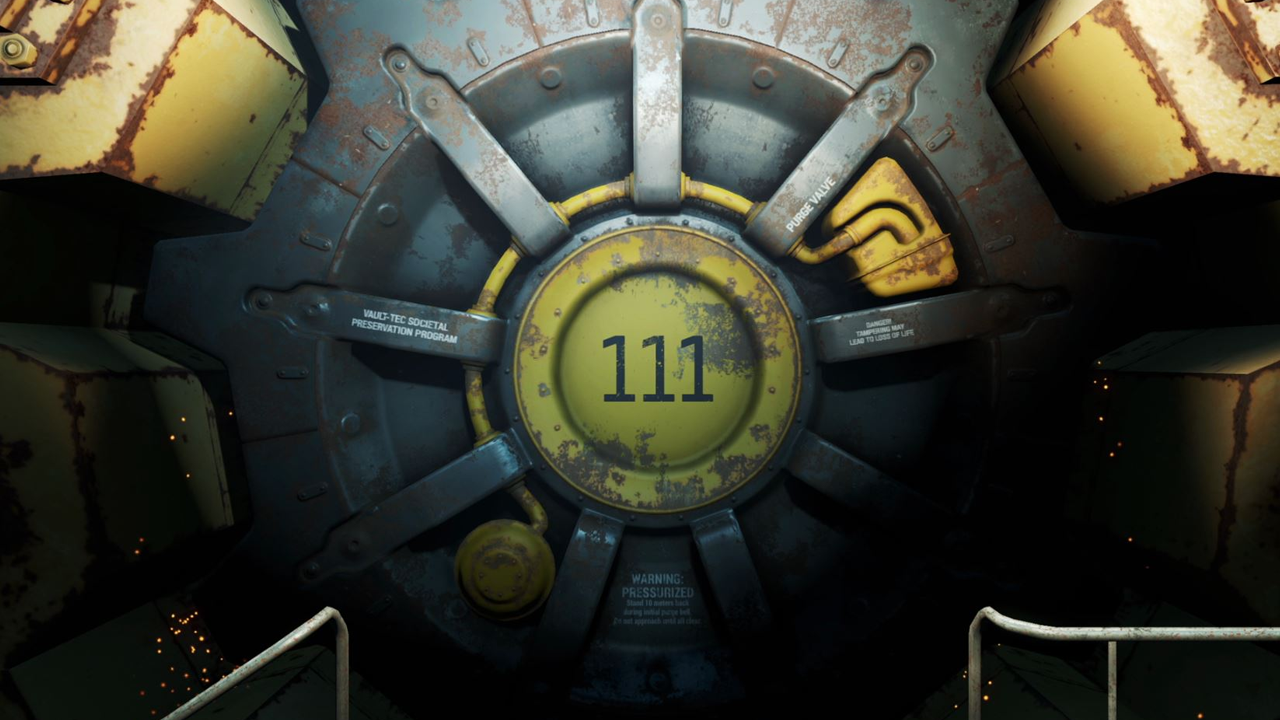
I used the Mass Effect 3 image in the header because it's the classic example of people reacting negatively to an ending—in this case, so much so that the developers changed it. But the one I got in Fallout 4, where I rebuilt Liberty Prime with the Brotherhood and we stormed the Institute's base, was far less satisfying to me, mostly because it felt like a retread of Fallout 3's finale. I guess I wasn't too invested in the story of what happened to your protagonist's child, either.
It sounds like there's some interesting variance based on which faction you're allied with, but my particular one left me a little cold, and I've actually never been back to the game since then—even though I played every single Fallout 3 DLC pack.
Joe Donnelly: BioShock
It's BioShock for me. I loved its Andrew Ryan/Atlas revelation so much that I spent a full afternoon overzealously explaining it scene-by-scene to my definitely not interested mother. I wanted to make her understand the storytelling potential of videogames, and that this climax rivaled any of her favourite books or films.
Of course I conveniently left out how awful the game's actual ending is. After building such a rich world, such a cool cast of characters, such a neat combat system, and, clearly, such a dramatic end-of-story twist—to have it all topped off by a horse dung firefight with an overpowered Frank Fontaine was such a let down. Would you kindly get in the bin.
Phil Savage: Deus Ex? Half-Life? BioShock
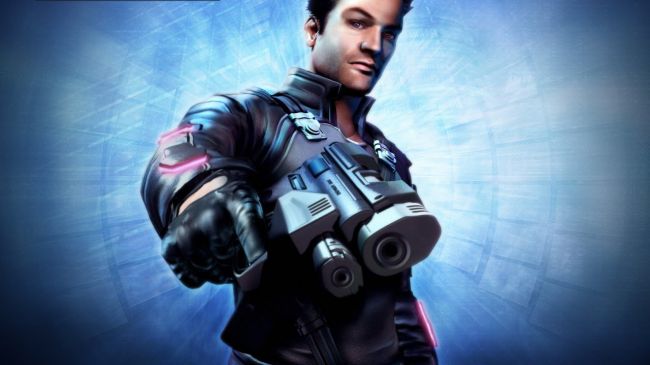
I have to narrow it down to just one? OK then. Maybe Half-Life? Secretly I don't mind Xen, but the boss fight against a giant floating baby is perhaps a bit much. Or how about Half-Life 2? Climbing a tower to shoot orbs at an aging politician is a tad anticlimactic. Or perhaps it's the Deus Ex series, which regularly throws off notions of choice and consequence to offer three potential outcomes—letting you pick whichever one you want.
No, I think in terms of pure disappointment it's BioShock. It's a disappointment because of how much worse the ending is compared to the Andrew Ryan scene about two-thirds of the way through the game. That's a clever encounter that plays with the perception of a player's desire for direction and progression. Back in 2007, that was the good shit. It was much better than the game's actual end, which involved a man transforming himself into an Ayn Rand book cover, because... yes, objectivism, we get it already. Kill him, and you're treated to a short cutscene in which you're awarded either a family or a nuclear bomb depending on how many children you murdered during the game. Art!
The collective PC Gamer editorial team worked together to write this article. PC Gamer is the global authority on PC games—starting in 1993 with the magazine, and then in 2010 with this website you're currently reading. We have writers across the US, UK and Australia, who you can read about here.


